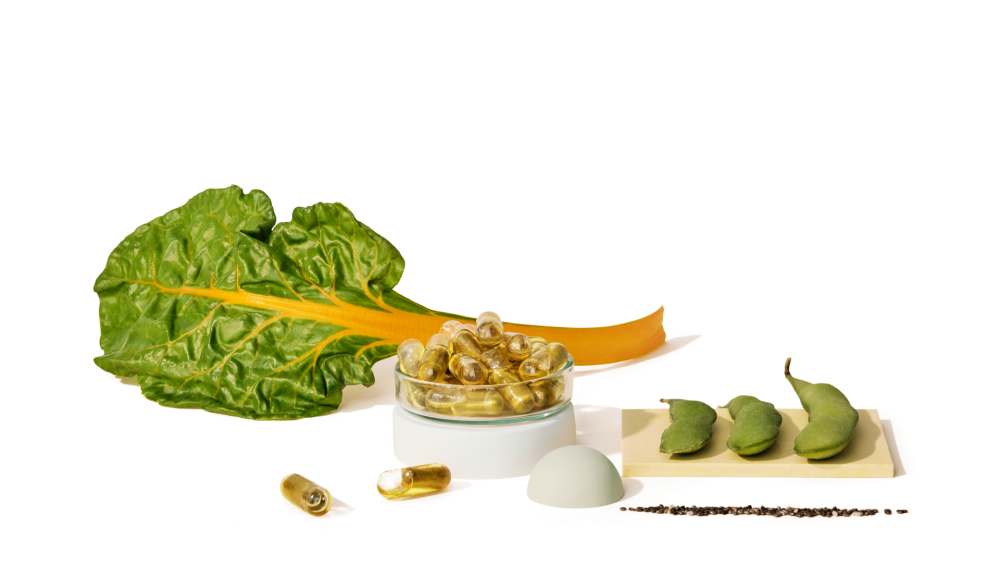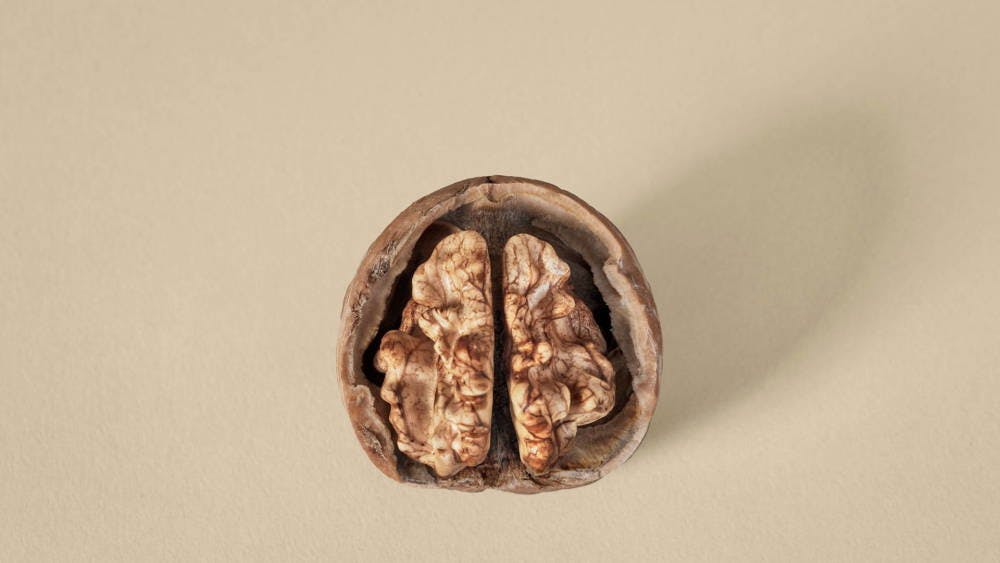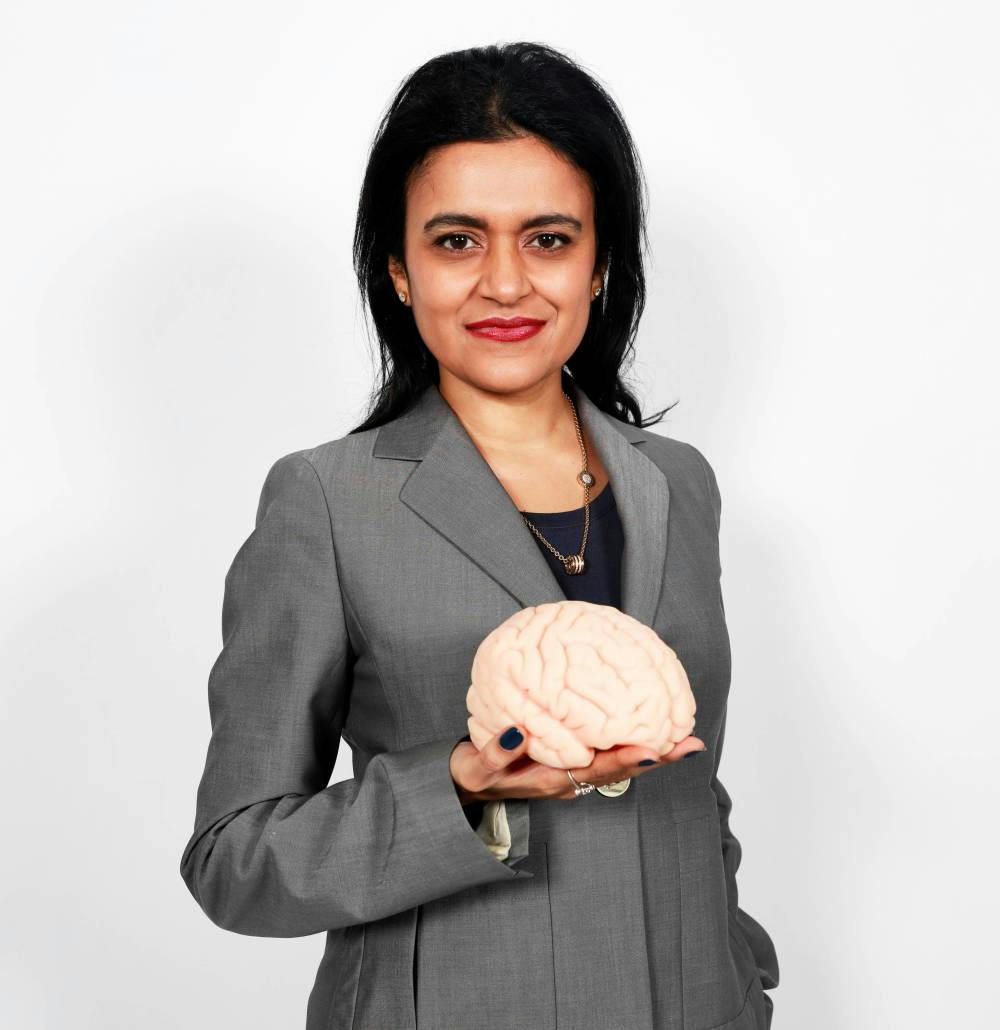Why are brain supplements on the rise?
They may seem like the easy answer but brain supplements could be doing more harm than good.


Your brain is in control of all of your actions—whether it’s dealing with deadlines at work, solving problems at home, cooking up a storm, falling in love, learning a new skill, or having fun with your kids, your brain is the key to all of these—and millions more. But with modern day pressures and a global pandemic to deal with, it’s hard to feel like we’re functioning at our fullest. Turning to brain health supplements may feel like an easy boost—but do they actually have an impact?
Just how smart are brain health supplements?

When it comes to the majority? Not very. Without regulation and rigorous testing, brain vitamins and Vitals⁺s often include ingredients like caffeine (for a quick boost), vitamins with tenuous links to brain care, along with harmful chemicals and caking agents.
Ensuring that the ingredients used are safe and natural, has never been more important.
It all comes down to feeding your brain

In order for your brain to thrive at its best—and help you get through the intensity of life at the moment—what it really needs, is care. There are 20 essential nutrients, in very specific quantities that every brain needs to thrive every day, but because of factors like different diets, nutrient depletion in soil, and busy lifestyles—99% of people don’t get that from their food alone. So, a high quality natural brain health supplement is a good way to provide your brain with a back up, to provide support where food intake may be lacking.
The scientific way to feel your best

It’s easy to underplay the importance of nutrition, but when you start to look into it, it’s equally hard to overstate its potential.
(Proper nutrition is) a side-effect free way to boost productivity by 50%; improve your mood to the extent that it matches the impact of an antidepressant, and create the optimal conditions for your brain to thrive.
Dr Tara Swart, neuroscientist and Heights Chief Science Officer